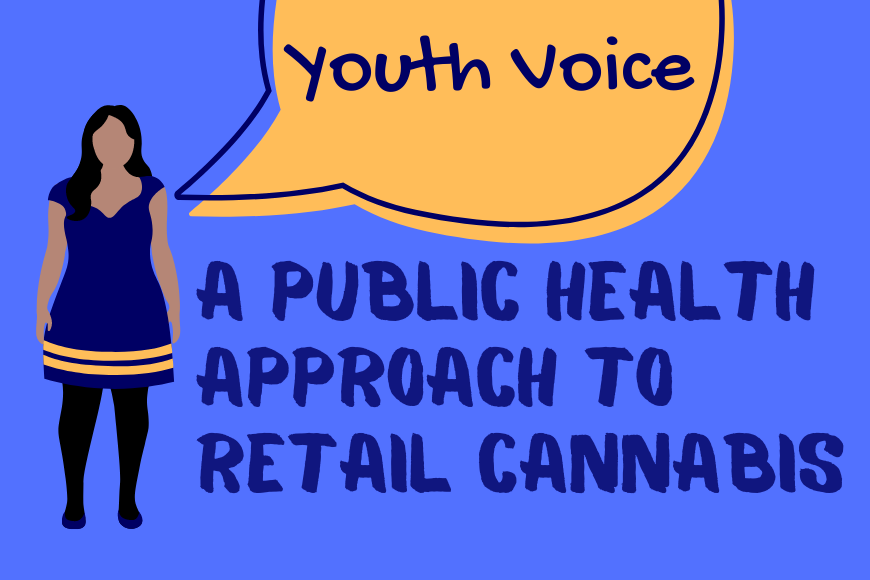
I am incredibly lucky to have a job that allows me to be unapologetically young. Through my work at United Way, I am able to provide a youth perspective on substance use within the community. As a Vergennes resident, I had the opportunity to speak at our City Council meeting when retail cannabis was brought to the attention of the council. I addressed the substance use that I am aware of at school and asked the council and fellow residents to be cautious when voting on this matter, as it could have dangerous side effects on the health and safety of our youth. Along with this, I requested that the council support an informational presentation to make citizens aware of the public health risks that come with Act 164. I, along with the rest of United Way’s prevention team, will be hosting a session to help residents ensure youth safety during this process.
Because cities and towns are allowed to vote on the presence of retail cannabis sale, there is a chance that the bill will pass, despite what some people might be implying, a retail market is not a foregone conclusion. If a retail market does pass, the local community needs to ensure that it is supporting those most affected by an increase in cannabis use. When looking at data from Colorado, it is shown that post-commercialization there was a rise in cannabis-related trips to the ER. We should make sure that Porter Medical Center is aware of the change, and prepared for a potential rise in patient numbers. The community should also be prioritizing youth in every step of this process. Easier access to any substance leads to a lower perception of harm. According to the 2019 Youth Risk Behavior Survey, 49% of Addison County students thought it was wrong for them to smoke marijuana, and 73% thought their parents would think it was wrong. There was a two percent decrease in each of these numbers from the 2017 data, and in 2015, they were 58% and 81% respectively. With the legalization of medical use, possession, and plant ownership, the perception of harm for youth went down significantly as they saw trusted adults partaking in one or all of these steps. Commercialized cannabis sales can only lead to a more widely accepted use, not only among adults but youth as well. The Addison County community must provide the proper screening measures for retail cannabis shops to ensure that they are not serving the under 21 population, and are working to keep our youth healthy and safe.
It is hard for me to watch as my peers take part in activities that could seriously harm them. I ask my community members to please consider the effect this could have on the local youth. The safety of our children should be held above profit, no matter the market. Teenagers are natural risk-takers; it’s an essential part of their development. Should this bill pass in our towns, it is vital that the community ensures there are safety measures in place to deal with public health issues. Businesses should have compliance checks performed regularly to ensure that they are properly advertising and checking identification. Regularly traveled routes by youth should exclude advertising that could contribute to the perception of harm and social norms. Our schools should provide more education surrounding substance use prevention, starting at a younger age. Addison County must work together to maintain a healthy and safe environment for all ages so that we can maintain our small-town charm and protect our youth.
 Olivia Brooks, Youth Prevention Coordinator
Olivia Brooks, Youth Prevention Coordinator
olivia@unitedwayaddisoncounty.org
Olivia was a member of the statewide Vermont Youth Council, has testified before the Vermont Education Committee, is a two-time attendee of the CADCA Youth Leadership Summit, and a two year Youth Ambassador for Vermont Afterschool. Olivia was also a part of drafting the Vermont Youth Declaration of Rights and she co-facilitated the approval of Youth4Youth Grants for youth endeavors in Vermont. As a sophomore, Olivia received her certificate of completion for SPF (Strategic Prevention Framework Training) and has completed more than 20 hours of professional development training relating to public health, data assessment, and youth substance use.